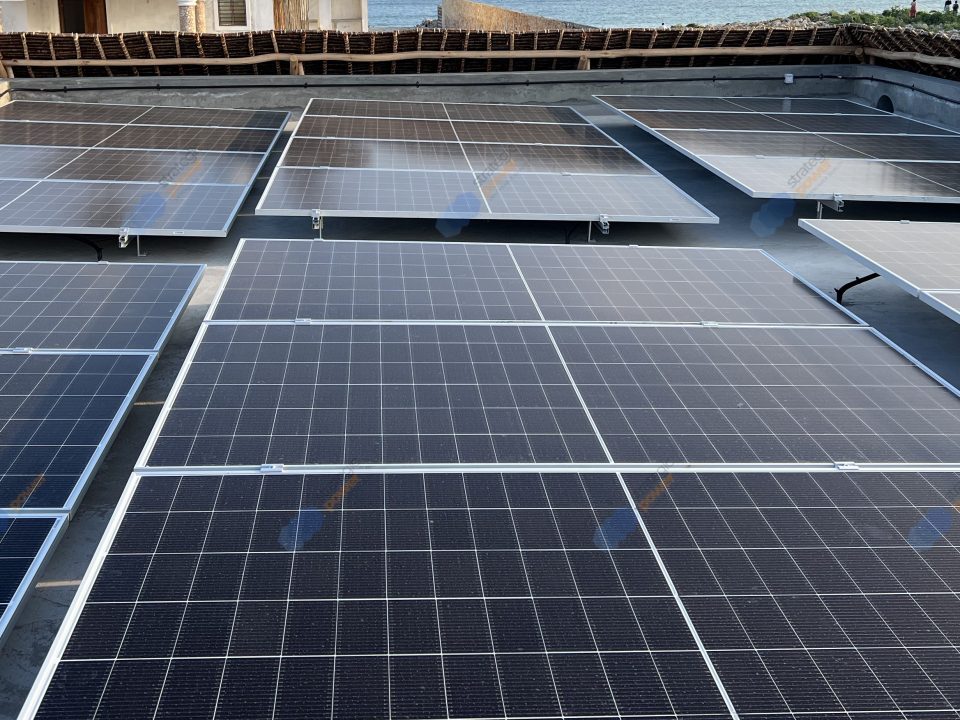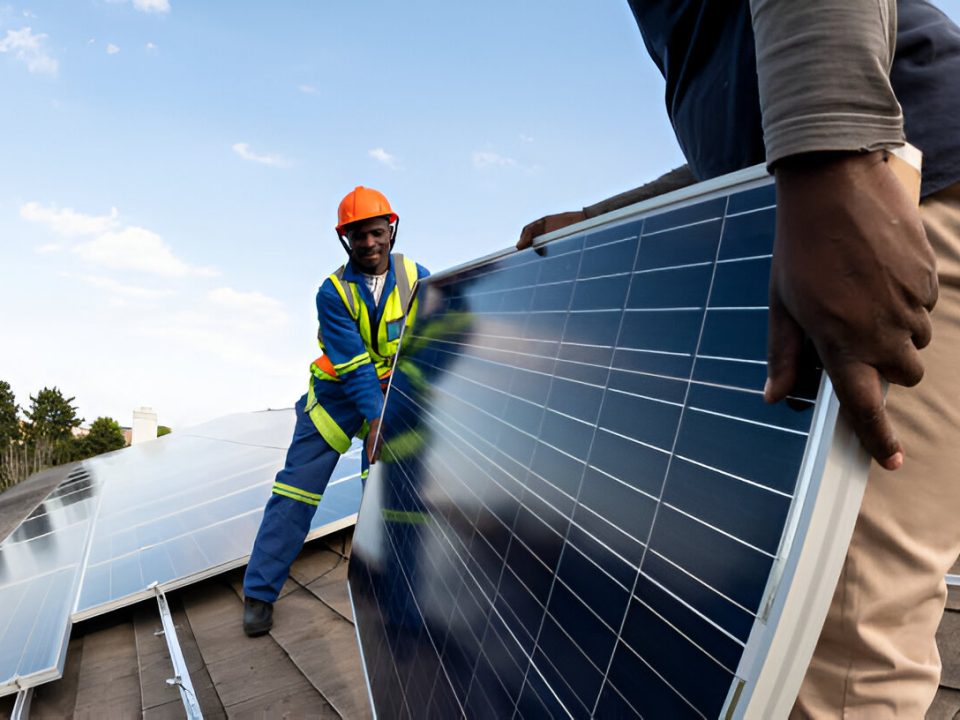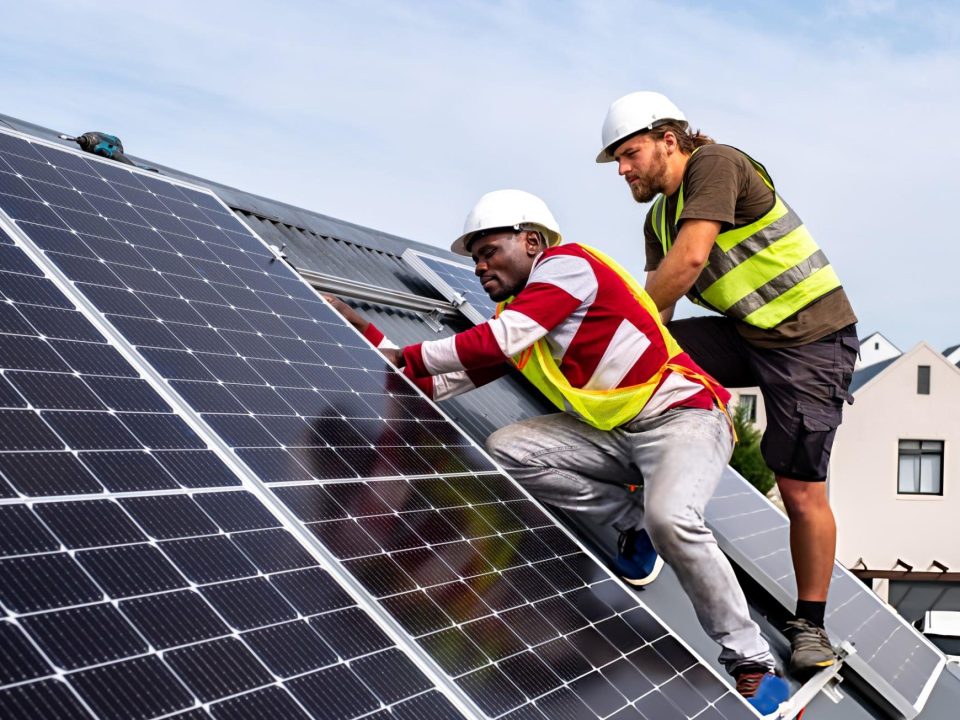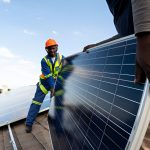
The Best Solar Panel Brands and Systems Available in Kenya
February 24, 2025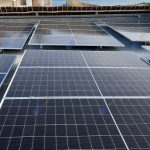
Exploring Solar System Options in Kenya: Grid-Tied, Off-Grid, and Hybrid Compared
March 6, 2025Kenya is a global leader in renewable energy adoption, with over 90% of its electricity generated from clean sources like geothermal, wind, and hydro. However, as the demand for energy continues to grow, there is an urgent need to enhance power system efficiency to ensure sustainability, reliability, and affordability. In this blog post, we’ll explore strategies for advancing clean energy and improving power system efficiency in Kenya, paving the way for a brighter, greener future.
1. Invest in Smart Grid Technology
Smart grids are a game-changer for power system efficiency. By integrating advanced communication and automation technologies, smart grids enable real-time monitoring, control, and optimization of electricity distribution. This reduces energy losses, improves grid stability, and enhances the integration of renewable energy sources like solar and wind. Kenya can leverage smart grid technology to modernize its power infrastructure and meet the growing demand for electricity.
2. Promote Energy Storage Solutions
Energy storage is critical for balancing supply and demand in a power system dominated by intermittent renewable energy sources. By investing in battery storage systems, Kenya can store excess energy generated during peak production times and release it during periods of high demand or low generation. This not only improves grid reliability but also maximizes the utilization of clean energy resources.
3. Expand Distributed Generation
Distributed generation involves generating electricity closer to where it is consumed, reducing transmission and distribution losses. Solar home systems, mini-grids, and rooftop solar panels are excellent examples of distributed generation. By encouraging the adoption of these solutions, Kenya can enhance energy access in rural areas, reduce reliance on centralized power plants, and improve overall system efficiency.
4. Enhance Energy Efficiency Measures
Improving energy efficiency is one of the most cost-effective ways to reduce energy consumption and lower greenhouse gas emissions. Kenya can implement energy efficiency programs targeting households, businesses, and industries. These programs may include promoting energy-efficient appliances, retrofitting buildings with better insulation, and incentivizing industries to adopt energy-saving technologies.
5. Strengthen Policy and Regulatory Frameworks
A robust policy and regulatory environment is essential for advancing clean energy and enhancing power system efficiency. Kenya’s government can introduce policies that encourage renewable energy adoption, streamline licensing processes, and provide incentives for energy efficiency projects. Additionally, regulations should be put in place to ensure the quality and reliability of clean energy systems.
6. Leverage Data and Analytics
Data-driven decision-making is key to optimizing power system efficiency. By collecting and analyzing data on energy generation, consumption, and distribution, Kenya can identify inefficiencies, predict demand patterns, and implement targeted interventions. Advanced analytics can also help in forecasting renewable energy generation and improving grid management.
7. Encourage Public-Private Partnerships
Public-private partnerships (PPPs) can play a significant role in advancing clean energy and enhancing power system efficiency. By collaborating with private sector players, the Kenyan government can mobilize resources, share risks, and accelerate the deployment of renewable energy projects. PPPs can also drive innovation and bring cutting-edge technologies to the market.
8. Promote Renewable Energy Integration
Kenya’s abundant renewable energy resources, including solar, wind, and geothermal, provide a solid foundation for a clean energy future. To enhance power system efficiency, the country must focus on integrating these resources into the grid seamlessly. This includes upgrading transmission infrastructure, developing flexible grid systems, and implementing advanced forecasting tools.
9. Educate and Empower Consumers
Consumer awareness and participation are crucial for the success of clean energy initiatives. Kenya can launch campaigns to educate citizens about the benefits of renewable energy and energy efficiency. Empowering consumers with tools like smart meters and energy management systems can also help them monitor and reduce their energy consumption.
10. Foster Research and Development
Investing in research and development (R&D) is essential for driving innovation in the clean energy sector. Kenya can establish research centers and collaborate with universities, private companies, and international organizations to develop new technologies and solutions for enhancing power system efficiency. R&D can also help address challenges like energy storage, grid integration, and renewable energy forecasting.
Conclusion
Enhancing power system efficiency is critical for Kenya’s sustainable development and energy security. By investing in smart grids, energy storage, distributed generation, and energy efficiency measures, Kenya can optimize its power systems and maximize the benefits of clean energy. Strengthening policies, leveraging data, and fostering innovation will further accelerate the country’s transition to a low-carbon economy.
As Kenya continues to lead the way in renewable energy adoption, these strategies will ensure that the country remains at the forefront of the global clean energy revolution. Together, we can build a more efficient, reliable, and sustainable energy future for all Kenyans
What are your thoughts on advancing clean energy in Kenya? Share your ideas or questions in the comments below, and let’s work together to power a greener tomorrow!

